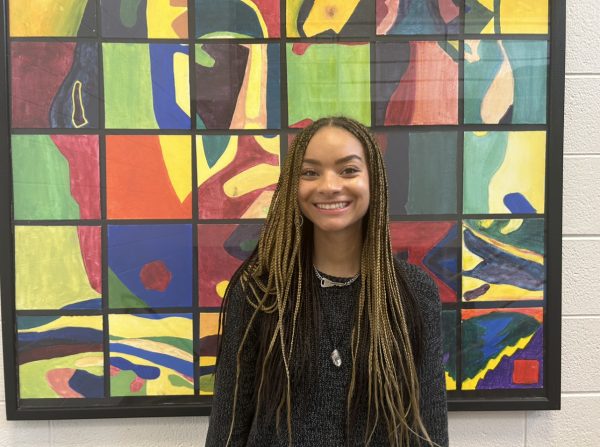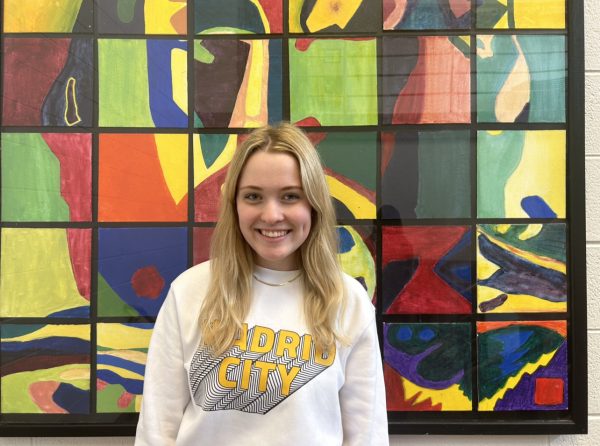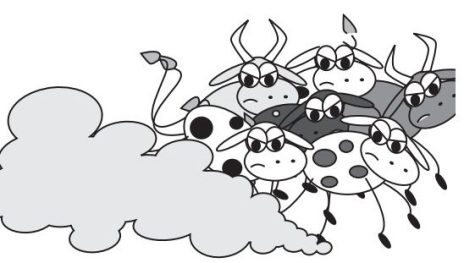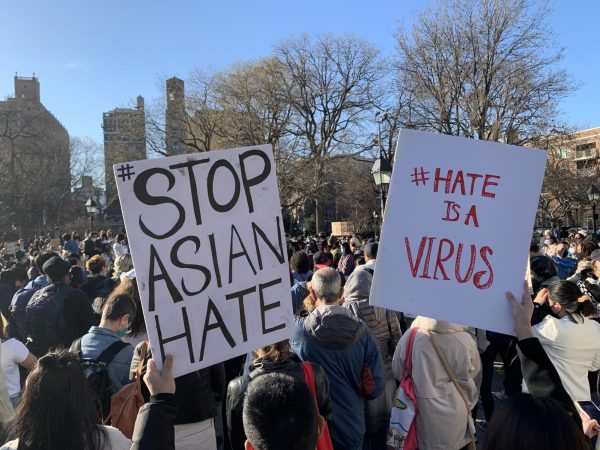December Editorial: Positives in the giving
Learning to give
January 5, 2023
With the holiday season in full swing, the concept of “giving” may be weighing heavy on your mind. It is often we find ourselves receiving a lot more than we give, and we tend to take the things we receive for granted. In a society where we are conditioned to be “takers,” how do we learn to give?
As high school students, it may be hard to find time to practice even simple self-care concepts between all the homework, extracurricular activities, studying, college preparation, and for some, even a job.
Understandably, it may not be easy to find time to carve out to volunteer for hours and hours on end.
The thing in common that we find in those who spend their time at the food bank, those who spend their time at Lazarus House helping serve dinner, and those who spend their time making food bags for starving children in impoverished countries is that they all make giving a priority in their life.
Although it’s impossible to modify the number of hours in a day, what is possible to change is the way we spend those hours. Although as high school students we may not have all the money in the world to be giving out every day, we can change the small things we spend money on.
Instead of spending four dollars on Starbucks every morning, drop it in the Salvation Army bell ringer’s bucket once a week. Instead of spending an hour and a half on getting your nails done, spend it going through your closet and picking out clothes you don’t wear anymore to give to Salvation Army or Goodwill.
The concept of “giving” doesn’t just apply to the less fortunate. It applies to those you love and care about, too. When you go to Starbucks in the morning, pick something up for your parents as well. Pick your sibling up from practice. Tell your favorite teacher how valuable they are. Write a note to someone who adds meaning to your life.
It’s possible that upon reflection, you decide that right now, even that is not doable for you. It is possible you conclude that your best course of action at the moment is to picture yourself with a degree, out of college, with a family, having carved out time to give back. It’s possible you picture yourself as a high-schooler at Saint Charles East High School, wherever in the world you ended up, and remember how much you
received then, and how little you gave. It’s possible that reminiscing will motivate you to give more as an adult.
Whatever conclusion you come to, it’s important to recognize the fact that although we are all on our own in our experience with the world, other people are living their experiences parallel to ours. If you are able to make someone’s experience even a little bit more positive, take the opportunity.
By giving to others, you give to yourself.





